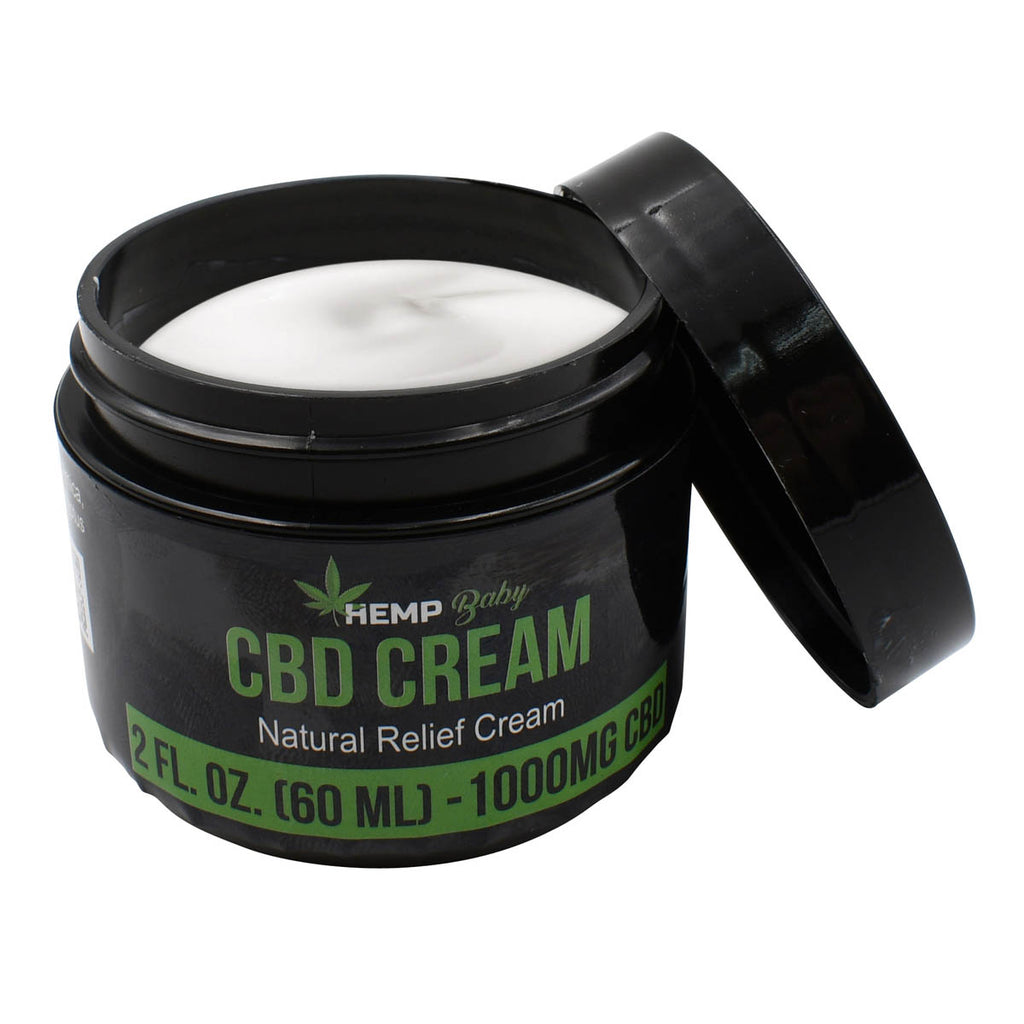Serenity CBD Balm Sacramento: Your Regional Destination for Costs Relief Products
Serenity CBD Balm Sacramento: Your Regional Destination for Costs Relief Products
Blog Article
Explore the Scientific Research Behind CBD Pain Lotion and Its Therapeutic Impacts
As the need for all-natural discomfort alleviation alternatives proceeds to rise, the clinical area has actually transformed its attention to the restorative impacts of CBD discomfort lotion. Comprehending the detailed devices through which CBD engages with the body's endocannabinoid system to reduce discomfort is essential in decoding its efficacy. From its anti-inflammatory homes to the facility neurological impacts that modulate discomfort perception, CBD's possible as a discomfort management option is a subject of ongoing research study and clinical passion. Stay tuned to untangle the science behind CBD pain cream and exactly how it holds promise for those looking for alternative opportunities for pain relief.
Endocannabinoid System and CBD Discomfort Alleviation
What duty does the endocannabinoid system play in CBD pain relief? The endocannabinoid system (ECS) is a complicated network of receptors, enzymes, and endocannabinoids that play a critical function in regulating different physiological procedures, including discomfort experience. It connects with the ECS to regulate pain perception and inflammation when CBD is applied topically or ingested. CBD applies its effects by targeting cannabinoid receptors, especially CB1 and CB2 receptors, which are plentiful in the main nerve system and immune cells, specifically. By binding to these receptors, CBD can prevent the transmission of pain signals and minimize inflammation, bring about discomfort alleviation.

Systems of CBD for Pain Monitoring
Exploring the complex mechanisms with which CBD operates in pain administration reveals its prospective as a valuable healing device in alleviating numerous types of discomfort. When CBD is provided, it modulates these receptors, influencing natural chemical launch and dampening pain signals.

Anti-Inflammatory Qualities of CBD
In illuminating the efficiency of CBD in discomfort management, a notable facet lies in its potent anti-inflammatory residential or commercial properties. CBD, or cannabidiol, has gathered attention for its ability to regulate inflammatory responses within the body. Inflammation is a complex organic feedback that plays a vital duty in the body's immune system, yet when it comes to be chronic, it can add to various wellness concerns, consisting of discomfort. CBD communicates with the endocannabinoid system, especially targeting CB2 receptors discovered in the immune cells. By triggering these receptors, CBD can aid lower and manage immune feedbacks swelling.
Studies have actually shown that CBD can prevent inflammatory conciliators and cytokines, consequently moistening the inflammatory waterfall. This anti-inflammatory result is particularly encouraging for problems identified by chronic swelling, such as joint inflammation, inflammatory bowel condition, and neuropathic discomfort. By reducing swelling, CBD not only addresses the signs but also targets the underlying source of discomfort, making it a valuable restorative representative for taking care of a vast array of inflammatory conditions.
Neurological Effects of CBD on Pain
CBD applies profound neurological results on pain assumption via its communication with specific receptors in the central anxious system. The endocannabinoid system, which comprises cannabinoid receptors (CB1 and CB2) and endocannabinoids generated by the body, plays a vital duty in modulating discomfort signals. CBD interacts with these receptors, largely CB1 located in the mind and CB2 located in the immune cells, to apply its analgesic results. By affecting the task of these receptors, CBD can assist control pain level of sensitivity and swelling, pop over to these guys offering possible healing advantages for individuals dealing with different kinds of pain conditions.
Studies have revealed that CBD's action on the endocannabinoid system can lead to the inhibition of discomfort signaling pathways, reducing the assumption of pain. In addition, CBD has been located to have neuroprotective residential or commercial properties, which can assist reduce neuropathic pain by protecting nerve cells from damage. The capability of CBD to modulate discomfort at a neurological degree makes it an appealing choice for managing chronic pain conditions where conventional therapies may drop short.
Clinical Researches Sustaining CBD Discomfort Relief

Verdict
In final thought, the scientific research behind CBD discomfort lotion exposes its potential therapeutic results through the modulation of the endocannabinoid system. CBD's systems for discomfort monitoring include its anti-inflammatory residential properties and neurological results on pain understanding. Scientific research studies support the usage of CBD for pain alleviation. Additional research study is needed to fully understand the level of CBD's benefits in handling different kinds of pain.
As the demand for all-natural discomfort relief options proceeds to increase, the scientific area has actually transformed its attention to the healing impacts of CBD pain lotion. From its anti-inflammatory residential properties to the complex neurological results that regulate pain understanding, CBD's potential as a pain monitoring remedy is a topic of ongoing study and clinical rate of interest.Building upon the understanding of CBD's neurological effects on pain perception, clinical studies site here have offered beneficial understandings into the efficacy of CBD in supplying discomfort alleviation. A research published in the European Journal of Pain demonstrated that using CBD topically reduced pain and inflammation in rats with joint inflammation without any noticeable side effects. CBD's systems for discomfort administration include its anti-inflammatory residential properties and neurological effects home on pain understanding.
Report this page